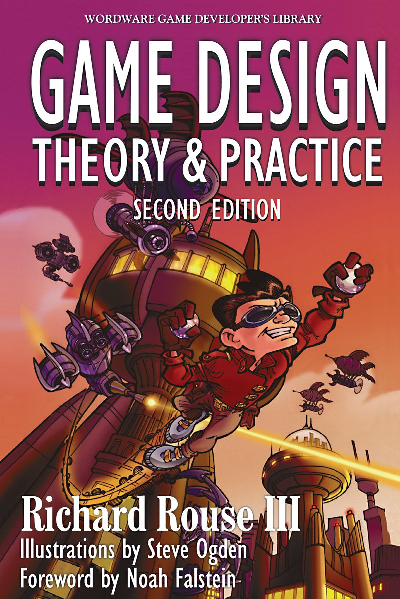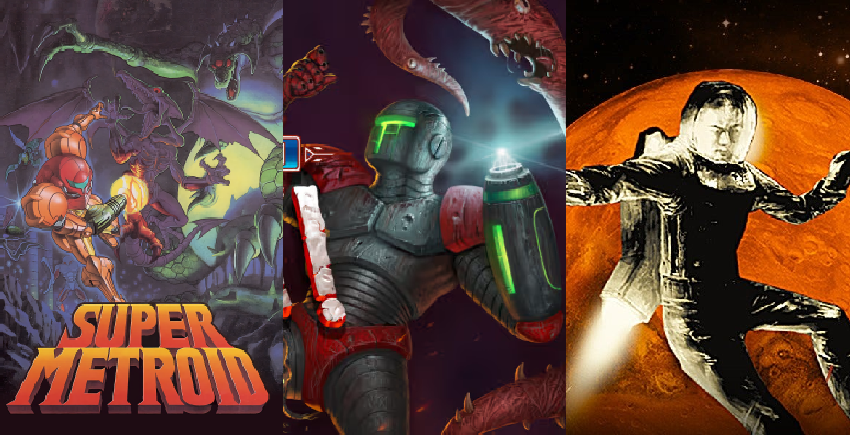I think pretty much everybody thinks of games in terms of genre. And, often, coming up with a unique concept for an indie game means chopping up a bunch of genres and mixing them together like a salad. Is it a metroidvania/roguelike? Is it a first person shooter/rhythm game? Is it a roguelike/dungeon crawler/management sim?!
This makes perfect sense, really. We categorize things and notice similarities. We should, and we must if we’re going to come to grips with the vast amount of stuff (including games) that we have to deal with.
But I think, as developers and gamers, we can end up missing the trees for the forest, treating genres as somehow real, rather than as tools and guides.
When starting my current project, I wrote what Richard Rouse III calls a “focus” in his book Game Design Theory & Practice. It’s like a mission statement, a short declaration of what the game you’re making is about at the core. Here’s my project’s focus:

{NAME HERE} is an action / exploration game about immediate environments that can be directly perceived VS. the larger context of those environments that must be known by building a mental model. The player is challenged to deepen their knowledge of both of these by having to reorient parts of the environment itself to progress, thereby recontextualizing their immediate surroundings and changing the necessary mental model of the larger context.
After I wrote this down, and pondered it for a while, I realized this game didn’t need to be a specific genre. This was a bit of a shock, because I had always imagined it as a Metroidvania. But, really, that’s because I like Metroidvanias. I think they’re cool. The game could be a Zelda-like, it could be first person, etc.
Of course this focus, by itself, also doesn’t describe a whole game. What does the player do moment to moment? How does he win? Can he lose? The advantage of picking a genre is that I have access to all the mechanics and assumptions and tropes of that genre to help guide the rest of my design. The advantage of having a focus narrower than “make a game in genre X” is that I have a basis for judging the appropriateness of those mechanics and tropes, and the hope that I can make something unique and fresh that doesn’t just ape someone else’s work.
Hence the decision about doors I mentioned in my last dev log, and other decisions I’m making that defy genre conventions in service of the focus. I can fall back on Metroidvania standards (“Movement should be a little floaty, like Samus Aran’s”, “There should be a powerup that increases firing range”, “you should be able to get small and go through tight spaces”), but I have a guide for rejecting or altering those standards to make a tightly designed, coherent, unique game. That’s the plan at least.
However, the establishment of genres also means the establishment of player expectations. The further you deviate from those expectation the more likely you are to lose the player. You’ve got to walk the line between being so familiar that the player gets bored, and so different that they get frustrated.
If you look at the short history of computer games, you can identify many trends that have become entrenched by familiarity until anything else is called “bad” design. But it’s not really bad design, it’s just a different choice that violates expectations and requires the player to unlearn habits.
Then, there are things that really are just improvements over earlier experiments. If the choice has to be made, I’d rather err on the side of frustration while expanding player experience beyond current expectations. But the size of the reward needs to justify the risk.
